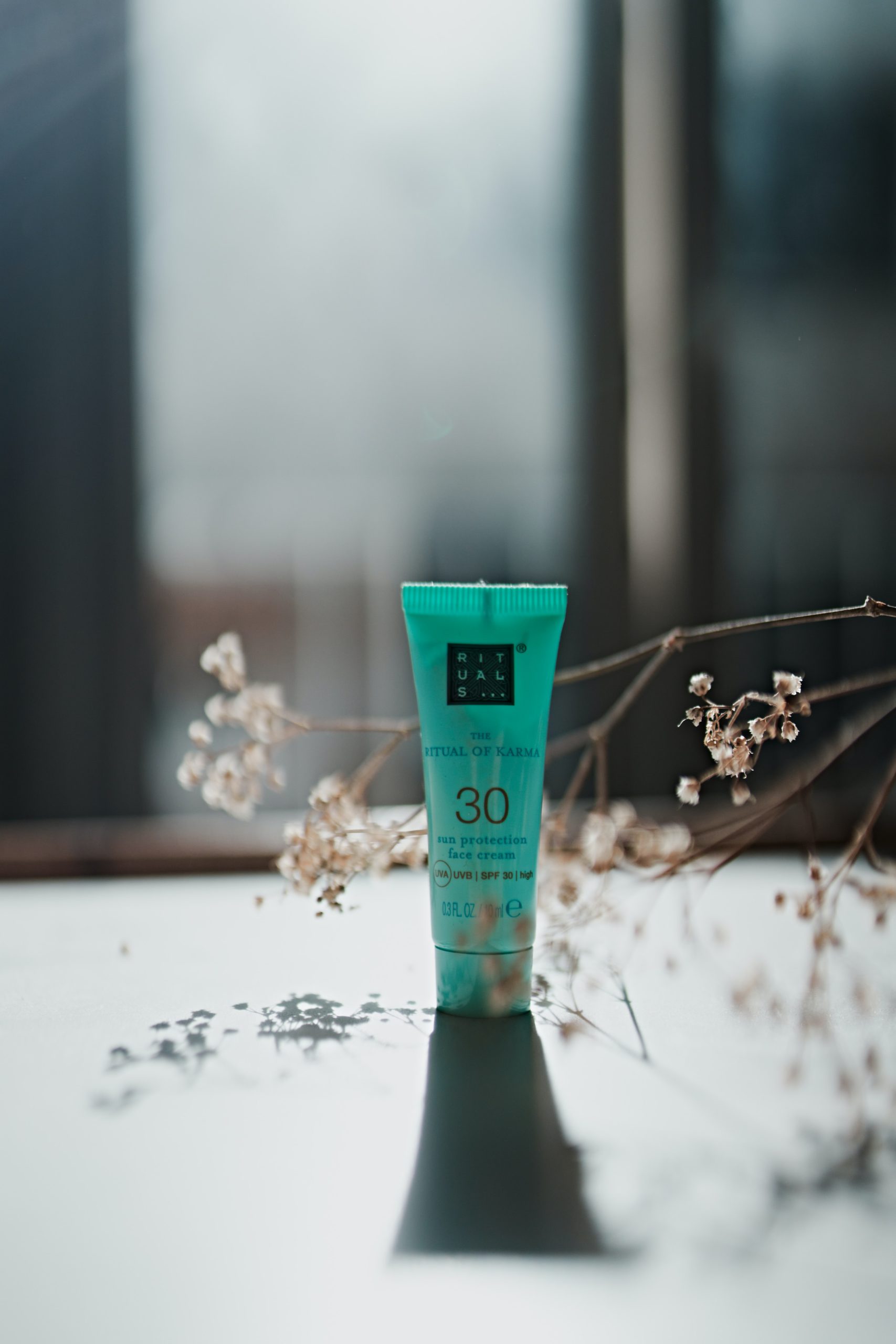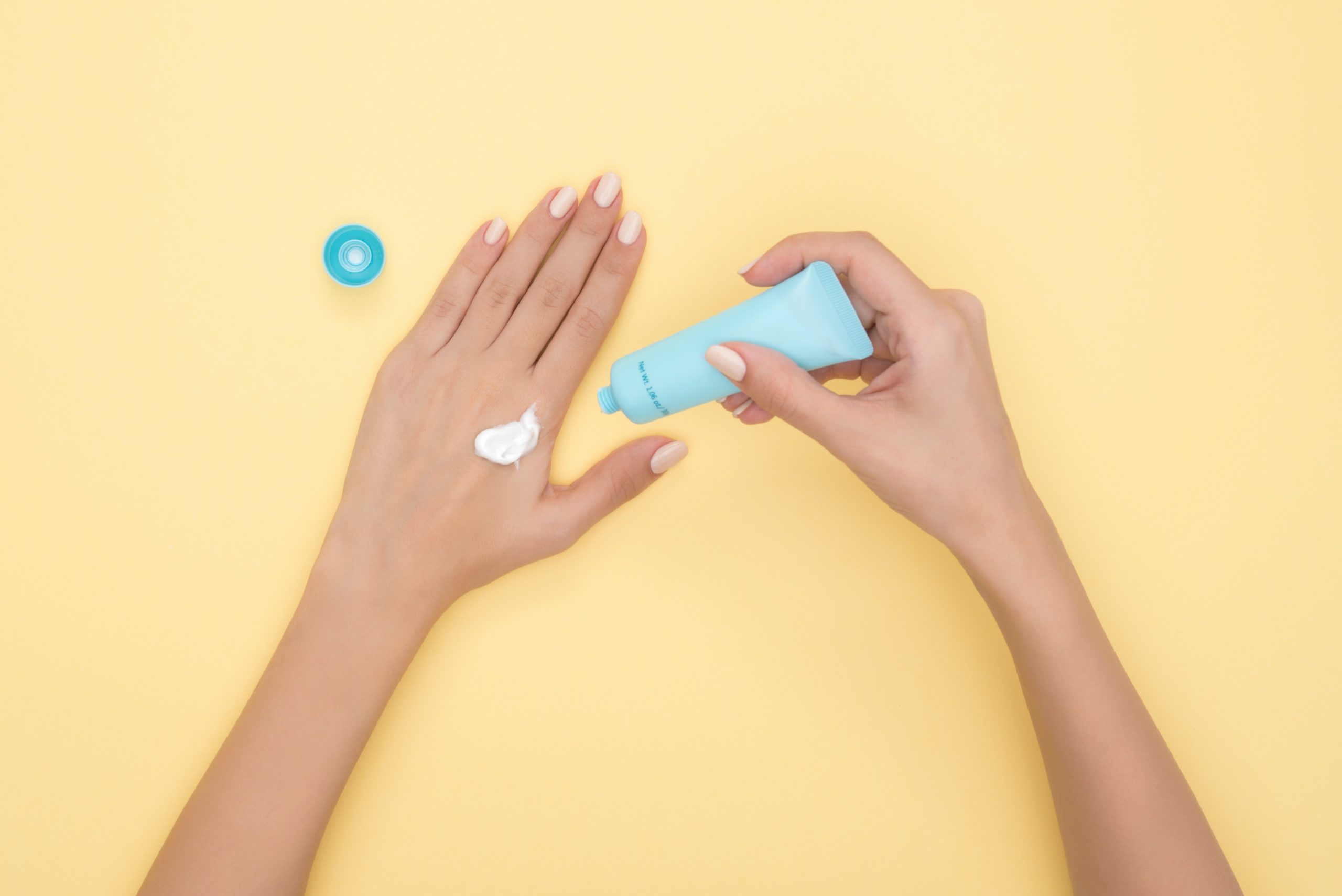It is tempting to take advantage of whatever sun you can get during the colder winter months, and, like many, you may think that sunscreen is not that important when it is cold. It is important, then, that you put on a layer of sunscreen, even when you are indoors in winter. Even though the sun is at its lowest point in the sky during the winter, you will still want the protective benefits that come with wearing sunscreen. If you do not wear sunscreen during the winter, the Skin Cancer Foundation says that you may get burned.
Wearing sunscreen over exposed skin, particularly during periods of intense sunlight from 10 am until 4 pm, keeps you protected against UV radiation. If you are outside during the day, you must put sunscreen on exposed skin, regardless of the temperature outside. To prevent sun-damaged skin, responsible adults typically put sun protection on exposed skin before they let a few rays in.
Even when the sun is not shining, the sun is still bad for your skin, so no matter what you are doing outdoors, it is important to keep your skin protected every time you go outdoors. As long as sun rays are reaching our planet, you are going to want to keep your skin protected with the right type of sunscreen, not only on sunny days but year-round. With that in mind, here are the best sunscreens that you can buy now for protecting your skin during this winter. With help from dermatologists, HuffPost has created a list of the best sunscreens to solve your concerns about dry skin during winter, as well as provide you with the best sun protection, both this year and the year after.
Follow these tips to keep your skin protected this winter, and even when the UV rays are not seeming to cause a lot of damage, you still need to protect it. Just because it is not sunny out does not mean that you do not need some form of UV ray protection – skipping sunscreen during the colder months is one of the biggest mistakes you can make in your winter skincare routine. Of course, if you are dressing warmly in the winter, you can generally get away with applying less sunscreen in the winter, since your clothes will protect your skin from the majority of harmful sun rays. If you have sensitive skin, you know how important sunscreen is during summer, but it is equally important to stay alert in winter for protection against harsh weather and temperatures.
Freezing temperatures and brutal winds, which can make your skin dry and flaky, make it easier for UV light to get a better hit on your skin. Winter winds and sudden rainfalls easily break down that tinted spf moisturiserlayer you put on in the morning, and lack of humidity in the air can make your skin feel drier as well. While temperatures can be colder during winter, the Earth is closer to the sun, which causes stronger UVA/UVB rays which may negatively impact your skin. Even during winter, when days are shorter and the sun is often hidden behind clouds, UVA rays are still streaming down, ready to strike your skin.
UVB rays might be less intense during winter, but they are there all year long and can be particularly damaging during winter, as they bounce off of the icy, snowy surfaces and hit your skin. UVA rays can penetrate skin far deeper than UVB and are responsible for signs of ageing (such as dark spots and wrinkles). UV light not only causes skin cancer but is also the cause of approximately 90% of all wrinkles, according to the US EPA.
 Wearing sunscreen protects your skin from UVB rays for a short time, so it prevents you from getting burned and developing wrinkles, age spots, or even cancer. Sunlight is known to speed up your skin’s ageing process and reduce collagen and elastin production, which helps your skin appear younger. While sun rays might not feel quite as hot or powerful to your skin in the winter, their ultraviolet (UV) rays still destroy your skin cells at a faster rate no matter what season it is, leading to a condition called photoaging.
Wearing sunscreen protects your skin from UVB rays for a short time, so it prevents you from getting burned and developing wrinkles, age spots, or even cancer. Sunlight is known to speed up your skin’s ageing process and reduce collagen and elastin production, which helps your skin appear younger. While sun rays might not feel quite as hot or powerful to your skin in the winter, their ultraviolet (UV) rays still destroy your skin cells at a faster rate no matter what season it is, leading to a condition called photoaging.
While you might not get sunburned from the sun, the harmful UV radiation it spews penetrates clouds, and it can still do serious damage to your skin if you are not protected. Even on cloudy, overcast days, the sun can harm your skin, cause wrinkles and premature ageing, and even skin cancer. Premature ageing, wrinkles, and even skin cancer can occur from even brief periods of sunlight, including during winter. UVA, which causes wrinkles, premature ageing and skin damage, is equally potent in colder winter months.
Sun UV light also gets to your skin through glasses, so do not think that you are only protected by not doing any outdoor activities in winter. UV light can seep through cloud coverage as well as through a glass, so it is important to keep your skin protected, whether you are sitting indoors near a window at the ski lodge on a cloudy day, or out enjoying the snow. Chris Tobin via Getty Images Your skin barrier may be most compromised in the winter, so finding a sunscreen with a hydrating formula may help to protect your skin when it is more vulnerable, dermatologists say. However, including more sunscreen into your skincare routine in the winter may help alleviate aging concerns.
The right face moisturiser with spf does more than just protect your skin, it also moisturizes, decreasing the look of fine lines, as well as decreasing your risk for dryness and breakage. Even if it is not a bottle of Coppertone white goo that you slather on when you are on the beach, finding a better sunscreen that is suitable for everyday face application that does not feel as heavy on the skin could help you maintain that youthful glow for years. It is crucial to apply sunscreen daily all year long to make sure that your skin stays wrinkle-free and reduces your risk of developing skin cancer. Using sunscreen during winter is as essential as applying a little extra sun protection during summer months, and as a dermatologist we consulted explained below, wearing sunscreen all year long is crucial for skin health and looking youthful longer.


